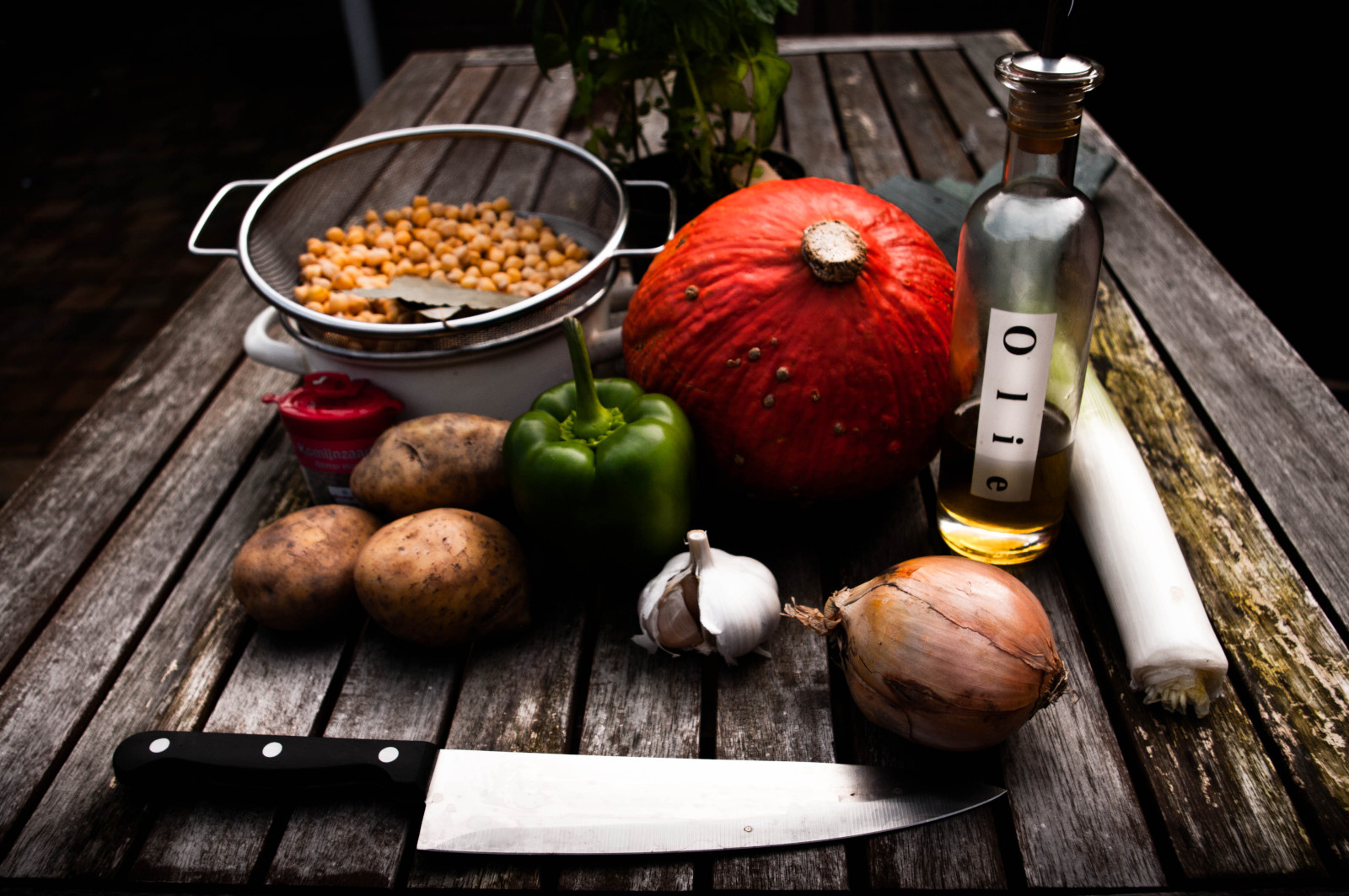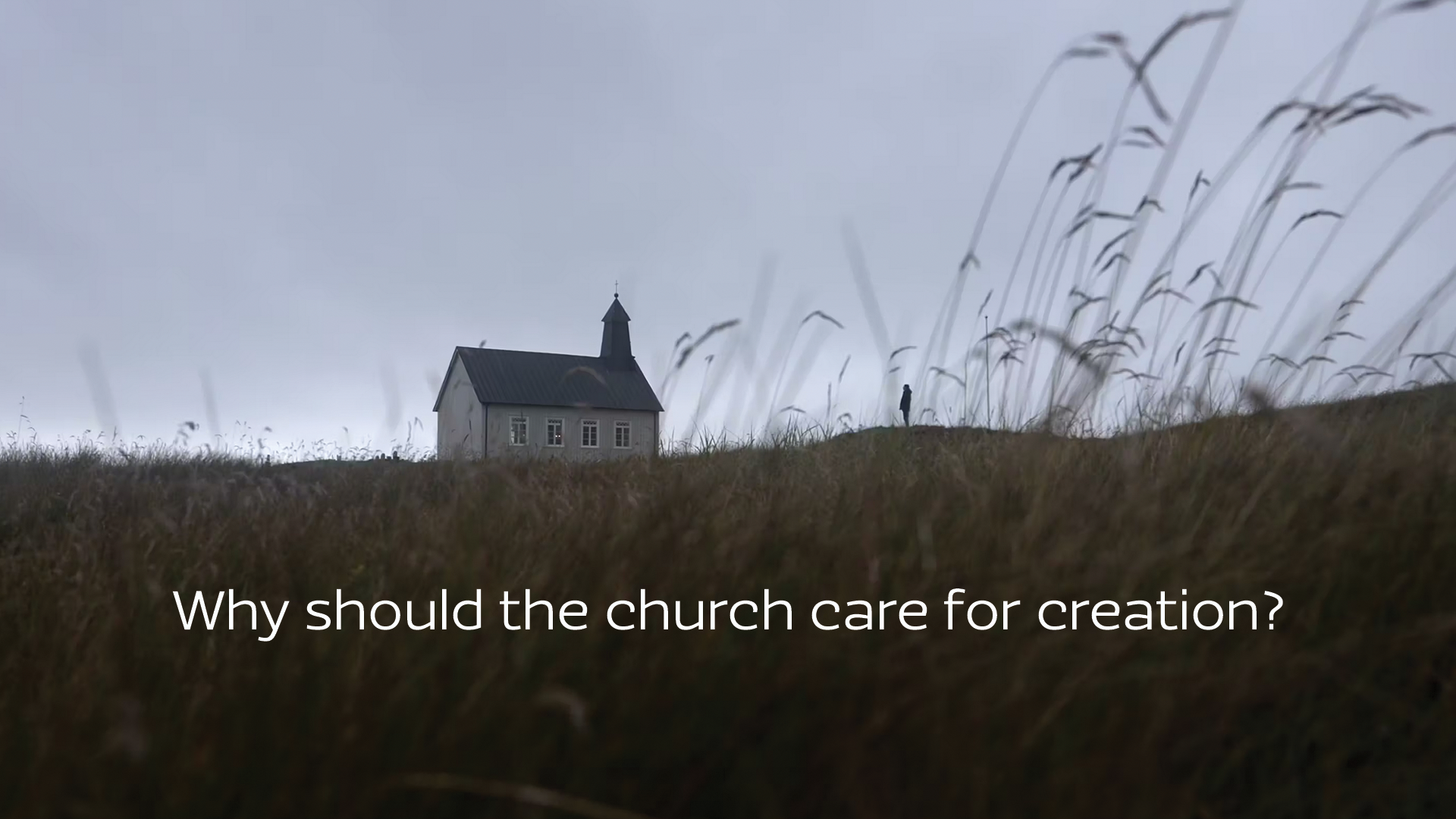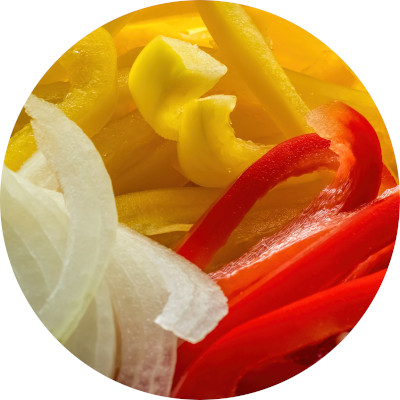If the Word became flesh, should we all become vegan? (Part 1)
Recently I led a discussion on vegetarianism for a group of Christians committed to caring for creation. I knew none of the group were vegetarian, although most give careful thought to how the meat they eat is produced. I began by asking people to call out words they felt were associated with ‘veganism’ or ‘vegetarianism’. The great majority were negative terms: ‘extremist’ / ‘intolerant’ / ‘narrow-minded’ / ‘preachy’ / ‘angry’ / ‘unhealthy’ … After a few minutes I stopped and asked how they thought a room full of vegans would describe meat-eaters. Of course, nearly all the same words could apply. There is a lot of strong emotion around this whole subject, and I find myself caught right in the middle. I am not (yet) fully vegetarian, although all my children have become so. However, I now eat meat only rarely, usually out of politeness when I’m offered it whilst travelling or to stop it being wasted. Very occasionally we’ll buy free-range, or ‘wild’ meat for a special occasion.

My Samhain Stew: Potaje de garbanzos, by Enric Martinez (licence: CC-BY)
There are many different strands around the arguments regarding meat-eating, vegetarianism and veganism[i], and it’s important to disentangle some of them. [tweet_dis]How we feel about meat may not be rational at all: we are shaped by our upbringing, cultural norms, habits and – dare I say it – addictions to particular flavours and textures of food[/tweet_dis]. Our relationship with what we eat is both personal and intimate. Contemporary culture makes us resent anything that limits our choices. Of course, this works both ways. Vegans and vegetarians may assume that all carnivores are cruelly impassive to animal welfare, selfishly placing their choices above the lives of suffering creatures, or choosing to close their minds to the issues.
Then there are the ethical issues, and the more I consider these, the stronger a case I see for at very least a drastic reduction in meat-eating. In terms of sustainability, a recent academic study published in Nature[ii] argued that, with increased human populations and affluence, we need a rapid transition towards plant-based diets to address climate change, biodiversity loss, pollution of soil and water, and access to drinking water. [tweet_dis]The average world citizen needs to eat 75% less beef, 90% less pork and half the number of eggs if we are to have any hope of keeping global warming under 2°C[/tweet_dis], let alone 1.5°C. Other studies claim that it takes 7kg of grain and 20,000 litres of water to produce 1kg of beef, although how that beef is produced is the key. Industrial meat production is far more grain and water intensive than pasture-fed ‘free range’ meat.
As well as ecological issues, there are issues of human health. An editorial in the British Medical Journal[iii] based on major research presented conclusive evidence that red and processed meats lead to increased mortality from heart disease, diabetes, cancer, and liver, kidney and lung diseases. In the wealthy world, obesity is reaching epidemic levels, with the protein and fat in meat again a major cause[iv].
[tweet_box design=”default” float=”none”]Whilst some conservationists are vegetarian or vegan, I am surprised at how many are passionate about wildlife conservation yet seem unconcerned about the short and painful lives suffered by animals in the meat industry.[/tweet_box]
Of course, there is also animal welfare, and here I find a strange anomaly which touches on broader issues around ‘animal rights’, but also impacts attitudes to meat-eating. Whilst some conservationists are vegetarian or vegan, and others eat only meat reared to the highest welfare standards, I am surprised at how many are passionate about wildlife conservation yet seem unconcerned about the short and painful lives suffered by animals in the meat industry. In contrast, some animal-rights activists are passionate about vegetarianism / veganism but appear unworried about the wildlife extinction crisis, arguing that prioritizing species protection over the rights of individual creatures (eg. by hunting, culling, or exterminating introduced ‘pest’ species) is “environmental fascism”.[v] It seems [tweet_dis excerpt=”There is a deep philosophical difference between those who prioritize conserving biodiversity and those who prioritize the suffering of individual creatures. Perhaps both sides of this debate have something to learn from each other.”]there is a deep philosophical difference between those who prioritize conserving biodiversity in a broad sense, and those who believe the priority is the suffering of individual creatures. Perhaps both sides of this debate have something to learn from each other.[/tweet_dis] Vegetarians and vegans should surely also pay attention to the suffering caused to wild creatures that are driven towards extinction by humanity’s misuse of the environment. Similarly, conservationists who eat factory-farmed chicken but would not dream of eating bushmeat from a threatened species even though it has had a ‘good life’, need to reflect on the ethics of their choices.
So far, I haven’t even mentioned the Bible, which shows what a huge subject this is! In Part 2 of this blog I will look in more depth at some key biblical passages and theological themes relating to meat and vegetarianism, including my deliberately provocative title! For now, as a veggie appetizer, let me serve up Psalm 145:8–10:
The Lord is gracious and compassionate, slow to anger and rich in love.
The Lord is good to all; he has compassion on all he has made.
All your works praise you, Lord; your faithful people extol you.
If God has compassion on all he has made, human and nonhuman, wild and domesticated, pangolins and pigs, and if all God’s creatures praise him, should we not show the same compassion to all creatures, particularly any that are bred and raised to end up on our plates? [tweet_dis]In the light of God’s compassion, can we ever eat again a creature that has been raised casually and cruelly, treated as an industrial product rather than a subject of God’s infinite compassion?[/tweet_dis] Whether or not we choose to be vegetarian, surely at very least we are compelled to reduce our meat intake, and be more considered, careful and compassionate as carnivores?
[i] There are important differences between vegetarianism and veganism, particularly regarding the ethics of the dairy industry, but they will have to wait for another blog!
[ii] Springmann, M., et al. (2018). “Options for keeping the food system within environmental limits.” Nature 562(7728): 519-525.
[iii] Potter, J. D. (2017). “Red and processed meat, and human and planetary health.” British Medical Journal 357: j2190.
[iv] https://www.omicsonline.org/peer-reviewed/meat-in-modern-diet-just-as-bad-as-sugar-correlates-with-worldwideobesity-an-ecological-analysis-74168.html
[v] Regan, T. (1983). The Case for Animal Rights, Berkeley: University of California Press, 362.
We are happy for our blogs to be used by third parties on condition that the author is cited and A Rocha International, arocha.org, is credited as the original source. We would be grateful if you could let us know if you have used our material, by emailing [email protected].




[…] 4. The Word became flesh… should we become vegan? […]